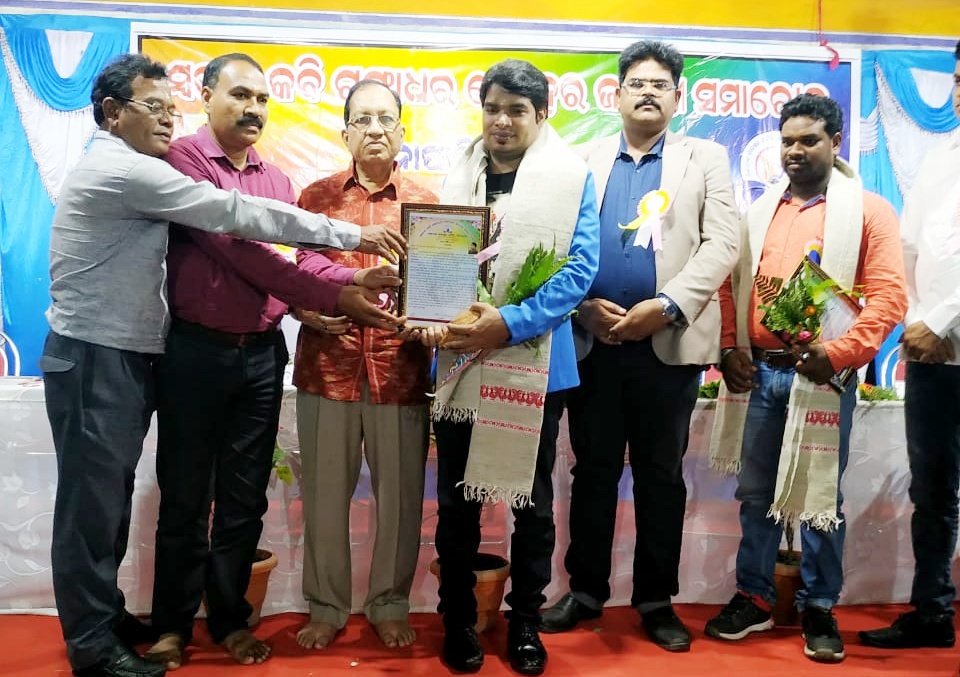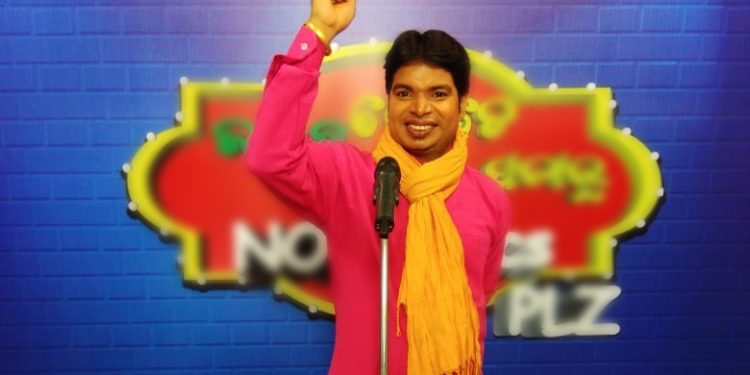There was a time when kings in India had court jesters, who would not only entertain and amuse the king and his ministers but also doubled up as their advisors. The biggest strength of these court jesters was wordplay. They would use wordplay and their wit to not only amuse the kings but also advise and alert them on any forthcoming danger.
This made them one of the most trusted lieutenants of the kings, the most prominent among them being Birbal and Tenali Rama, who played similar roles of amusers and advisors in the courts of Emperor Akbar and Krishnadevaraya of the Vijayanagara Empire, respectively.
Satire reigned as the highest form of comedy during those days. It could shake political regimes and spur social change. Things, however, have changed over the years. Today, there are multiple sources of entertainment, thanks to modernisation and advancement of technology. This also has seen professional satirists slowly fading away from society.
That said, there are still a few who are working hard and trying their best to keep alive the art of satire. Pritikanta Panda aka Dr Kulangar is certainly one among them. He has been trying to draw people’s attention towards social issues through his satirical writings and commands a huge fan following.

Born to Gokulananda Panda, a farmer, and Urmila Panda, a homemaker, in Lembo village in Cuttcak, Kulangar had a flair for writing since childhood. “I come from a family of farmers but was attracted towards literature. I used to take interest in all forms of creative writing. However, poetry appealed the most to me. I have grown up watching farmers cultivating their land, lush green paddy fields and flowers blooming on trees. I am a nature lover, which created an appetite for writing in me. I was also good at wordplay which I would often use in my writings,” he says.
When Kulangar expressed his desire to become a satirist, his parents opposed him. They always felt that a farmer’s son should not have such aspirations. “After completing school, I shifted to Bhubaneswar to do my graduation in Social Sciences at NISWASS. I was a free bird here. With my parents not around, I started writing more poems which caught the attention of many intellectuals. This gave my confidence a boost and I decided to make a career in writing,” he adds.
However, Kulangar’s parents were still not happy with his decision. But it was difficult to stop the young Kulangar. “The only two who encouraged me were my late brother Sitikanta Panda and brother-in-law Hrudaranjan Panigrahi,” says Kulangar, adding, “Gradually, my write-ups started appearing in magazines and periodicals. This was when my parents started feeling proud of me.”
Kulangar’s popularity started growing fast and he soon got an offer to anchor a comedy show Thatta Mazaa that was aired on Doordarshan. The show became an instant hit, making Kulangar a household name. Soon he started getting offers for performing at schools, where he would amuse students for hours with his witty poems and wordplay.
Kulangar’s unique combination of satire and powerful screen presence made him one of the most sought-after names in the literary world and comedy circuit in no time. Soon he was seen in a large number of shows such as Rang Barse, Ha Ha Ha, The Great Orissa Political Circus, Haso Hasaao Life Banao, Sata Kahile Satyanaash, Biluaa Bichar and Nuakhaai Juhar. Besides, he also did quite a few shows on All India Radio, Cuttack.
Also, Kulangar performs live at private events and has to his credit more than 1,000 shows. “When I was 18, I got an invitation from All India Radio, Cuttack to recite a few comic poems, for which I was paid Rs 320. The same year, my first compilation of poetry Byanga Virus won the prestigious Rajdhani Book Fair award,” says Kulangar, who has to his credit works like Madam! Ghara Bhadaa Debe ki? (novel), Prem Theraphy, Gaon Bhuta (compilations of poems) and Taa Kathaa Kahani (collection of short stories).
Ask him about an incident he cherishes, and Kulangar says, “Once litterateur Manoj Das called me. I had never expected a call from such a famous personality. It was a dream-come-true moment for me when he appreciated Gaon Bhuta, a compilation of my poems,” says Kulangar, who draws inspiration from the works of Pandit Achyutananda Kar and Srijukta Satyanas.
Given that there aren’t too many satirists in today’s world, it took a lot of time for Kulangar to get a strong foothold in the profession. “Satire is not journalism. It’s exaggeration. In satire, you take an extreme stance on a certain issue to make a point. The bottom line is that you can’t just tell the truth when you’re writing satire. Factual truth is boring. In other words, you have to speak something that is transcendent. You have to leave the reader with questions in his mind which he will struggle to find answers to long after he has finished reading the entire piece,” he says.
However, with growing popularity of stand-up comedy, which is mostly slapstick, satirists are finding it hard to make a comeback. “There are so many talented youngsters who are trying to use their sense of humour to entertain people. However, they must also realise that there is a difference between satire and stand-up comedy. Satire is a kind of poetry and an integral part of mainstream literature. It doesn’t promote vulgarity. Instead, it raises questions on social issues. The best way of making good satire is by analysing negative issues with positive thinking,” he says.
RASHMI REKHA DAS, OP





































